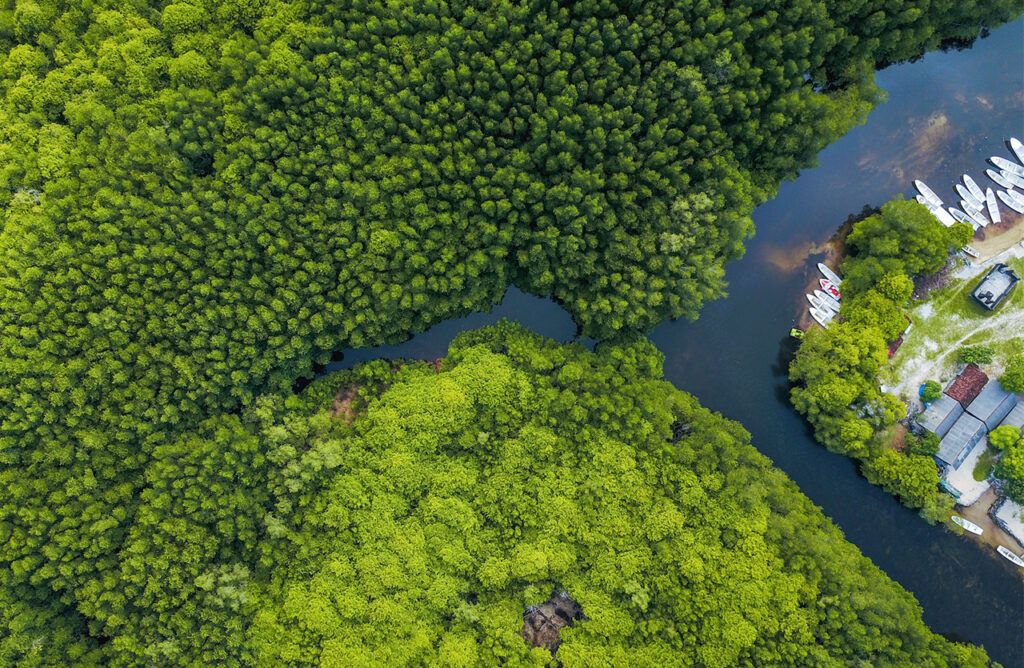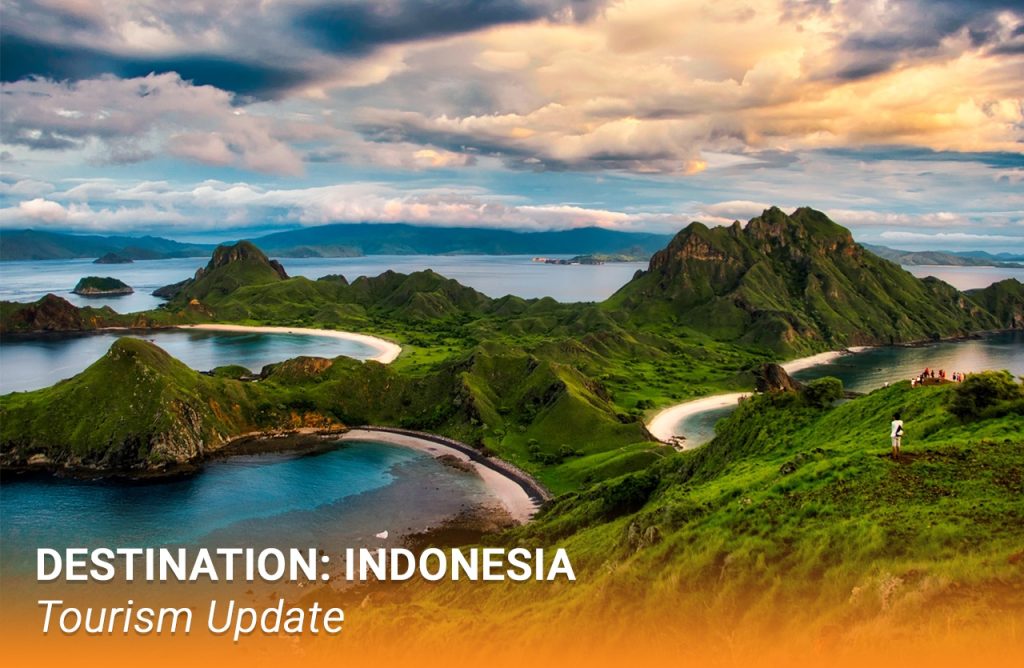
Mangrove ecosystems are often the first line of defence against climate change impacts and provide a range of benefits to people and nature. These habitats prevent coastal erosion, sequester more carbon than terrestrial forests and offer communities a vital buffer in times of extreme weather.
In Indonesia, many of these important habitats have been lost to urban development or conversion to aquaculture in recent years, leaving coastal communities vulnerable to rising sea levels. But now, tourism is taking centre stage in plans to replant or conserve carbon-rich coastal areas that have been damaged over the years by human activity. Many observers have noted the importance of ensuring these projects follow sustainable principles and practices.
“A lot of people and businesses have these mangrove forests levelled down and then build a tourist spot above it by piling sand to make artificial beaches,” said Muhammad Saleh Alatas, in a recent expose by Reuters. “That contradicts nature preservation,” added Mr Alatas, who is the owner of a tourism centre that organises tours around the mangroves of Jakarta.
These tours take place in the Angke Kapuk Nature Reserve Park – a 98-hectare area where the government is working to restore and protect Indonesia’s mangroves and wetlands. Officials hope that the rising popularity of ecotourism will help push this green development forwards. As more travellers become involved in exploring, planting and caring for mangroves, these areas will continue to expand – and so will the positive impacts they bring to the surrounding ecosystem.
In a country of more than 17,000 islands and countless miles of shoreline, Indonesia’s mangroves have shrunk to a total coverage area of about 4.1 million hectares. According to Indonesia’s Mangrove and Peatlands Restoration Agency (BRGM), Indonesia lost an estimated 700,000 hectares of mangroves last year.
Nusantara Nature Conservation Agency director, Muhammad Ilman, says that more support is needed from government, private institutions and NGOs if these mangroves are to fully recover. With more visitors opting for sustainable travel activities and tour operators increasingly catering to greener markets, tourism has a major part to play in this revitalisation of Indonesia’s natural resources.
To find out more about Panorama Destination’s commitment to eco-friendly and responsible travel in Southeast Asia, please read our Sustainability Policy.





